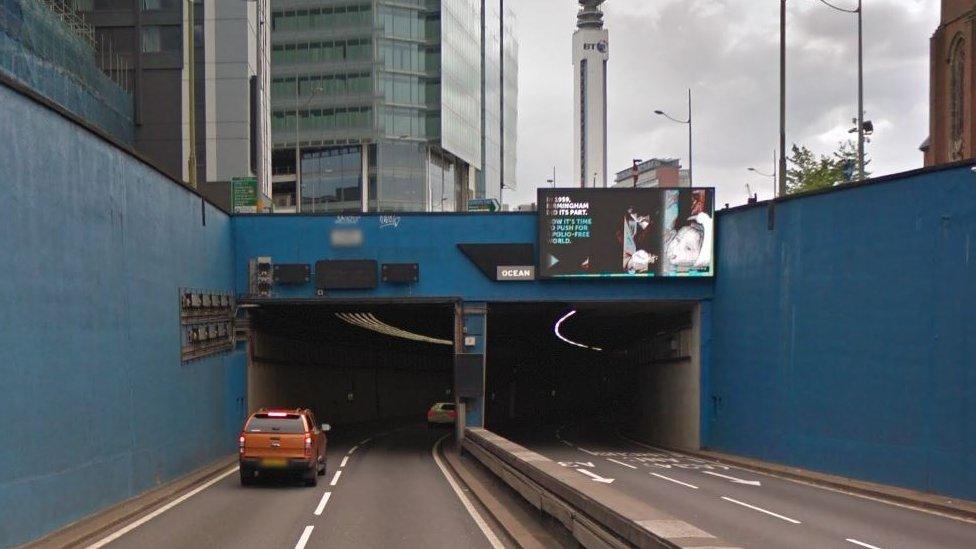Plans to end Birmingham's 'car dominance' revealed
- Published
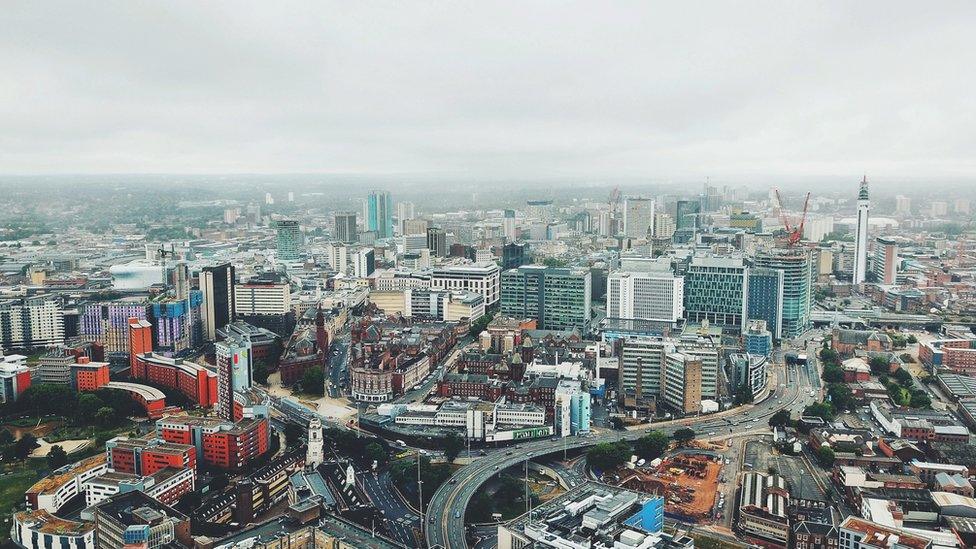
Proposals radically redraw the amount of Birmingham available to cars
Plans to encourage drivers to switch to public transport in Birmingham include possible closures of city centre tunnels to cars.
The Clean Air Zone (CAZ) already sees some motorists charged to use certain routes in a bid to cut pollution.
But further ideas revealed by the council to combat emissions include stopping traffic from using the A38 Queensway tunnel.
Queensway and other underground routes could become green spaces instead.
Proposals in the council's transport plan, external also include more pedestrianised areas, setting a default 20mph speed limit, removing free parking and pavement parking, and possibly turning car parks into housing.
The authority says the success of the plan "requires challenging changes at an unprecedented scale and pace".
Its report says that emissions from private vehicles need to drop by about 70% in order for the city to meet "decarbonisation targets".
Air pollution in the city has been said to reduce life expectancy by six months.
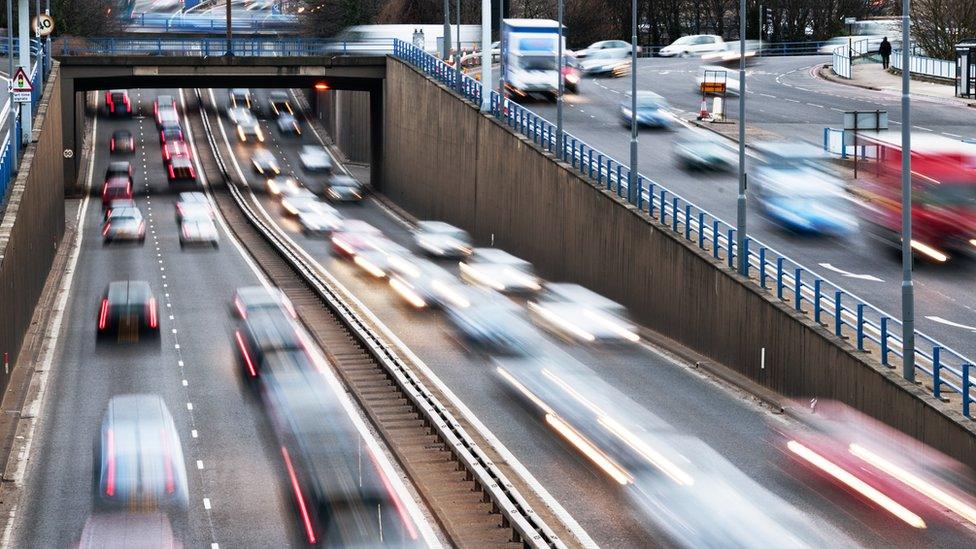
Air pollution is thought to contribute to 900 deaths in the city each year
Birmingham is often dubbed a car city, with "too often" places "designed for cars and not people," the report says.
Under proposals, set to be heard by cabinet next week, there is a shift to end the car's dominance.
The report says the ideas are not about "reducing people's choices or punishing those who still travel by car" but rather making greener options more attractive.
One suggestion includes blocking traffic from using Queensway, an idea first floated in 2019, and diverting it instead on to the ring road which would encircle seven new segments dividing the city.
Traffic would not be able to travel between the segments. The CAZ already covers this area of the city, meaning the most polluting cars already pay £8 a day to drive there.
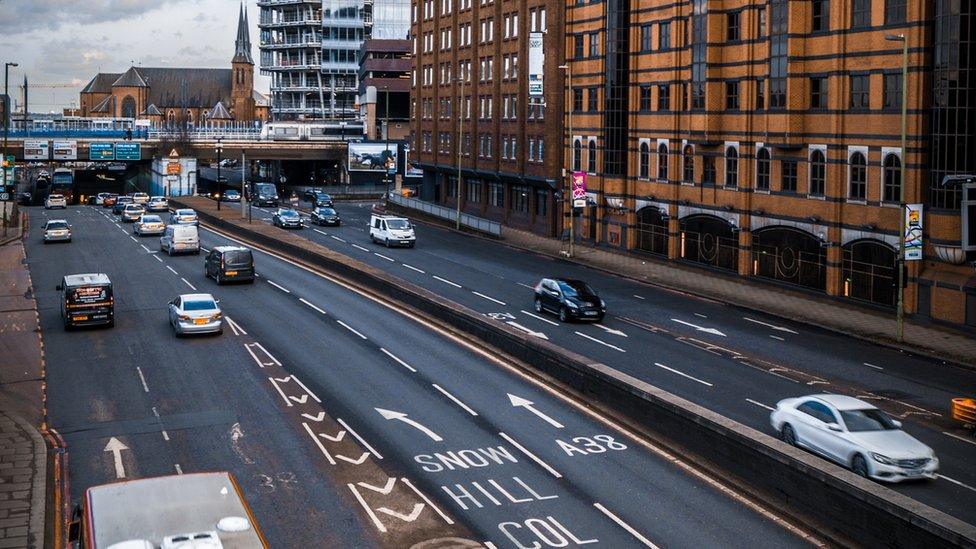
Tunnels near Snow Hill could be closed to cars and turned into green spaces
Cabinet member for transport Waseem Zaffar said public transport would be good enough to accommodate the changes, saying he could "guarantee we will improve the reliability of public transport by giving it the priority it needs on our highway network".
Car use in the city has returned to its pre-pandemic levels, the council said.
"Overdependence on private cars is bad for our health, the health our families, bad for our communities and bad for business," Mr Zaffar said.
"We must all fundamentally change our travel habits, and reduce the overall amount we travel by car."

Follow BBC West Midlands on Facebook, external, Twitter, external and Instagram, external. Send your story ideas to: newsonline.westmidlands@bbc.co.uk, external
Related topics
- Published14 June 2021
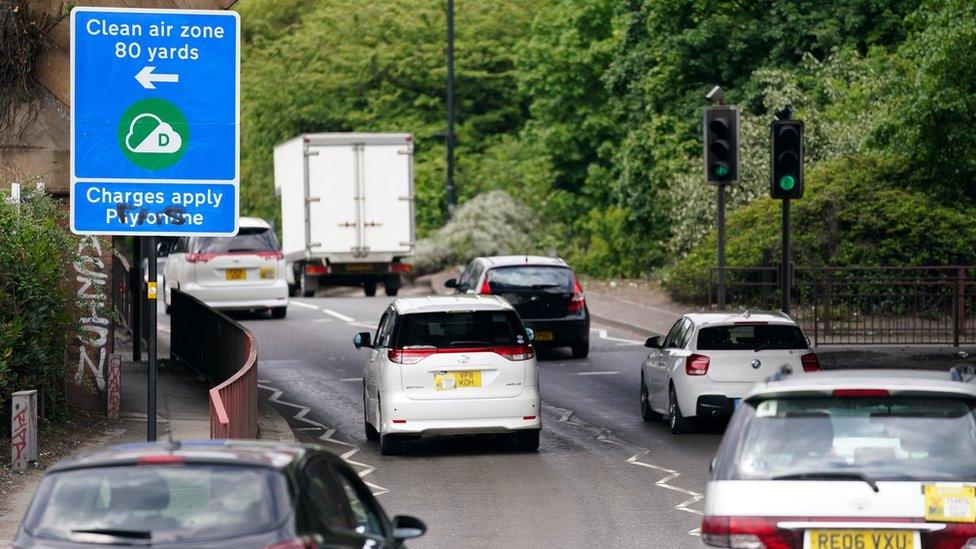
- Published29 May 2021
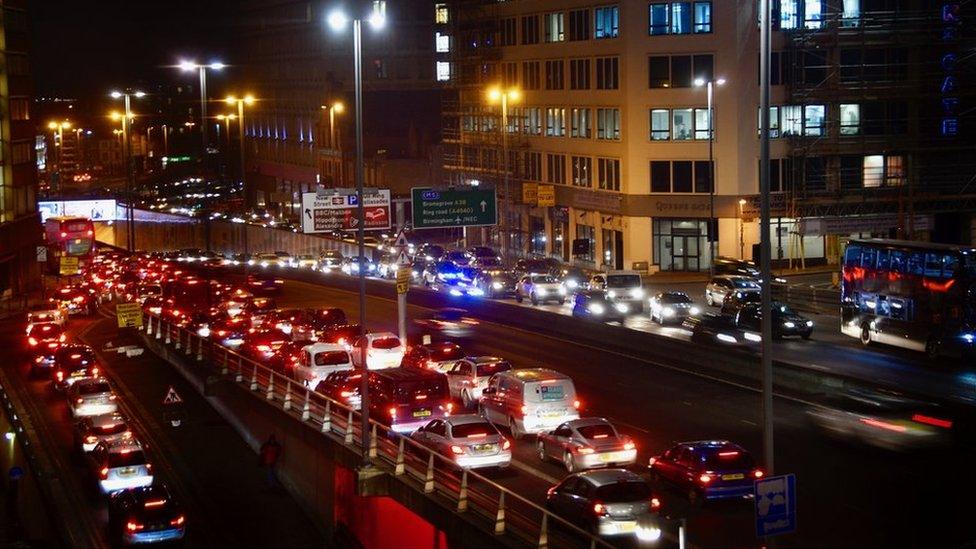
- Published2 May 2021

- Published13 January 2020
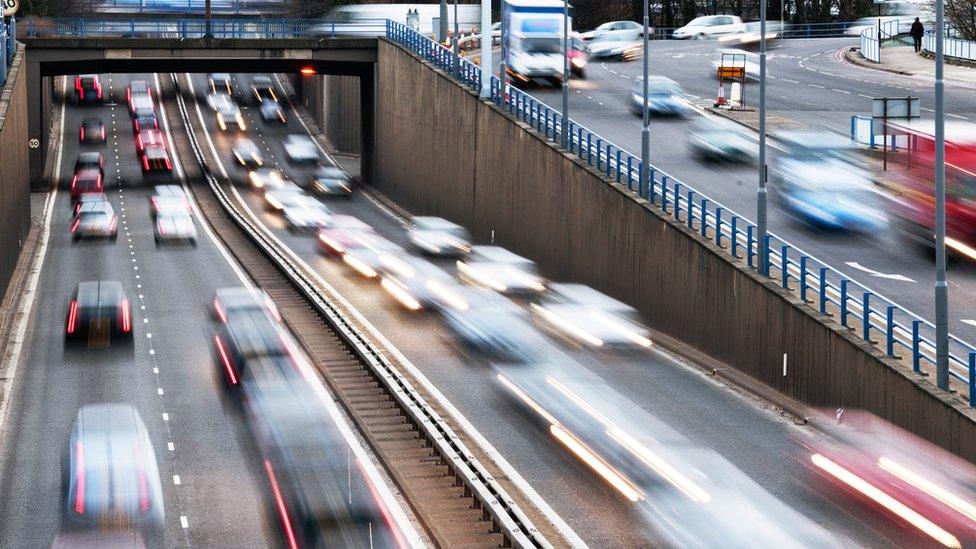
- Published16 October 2019
